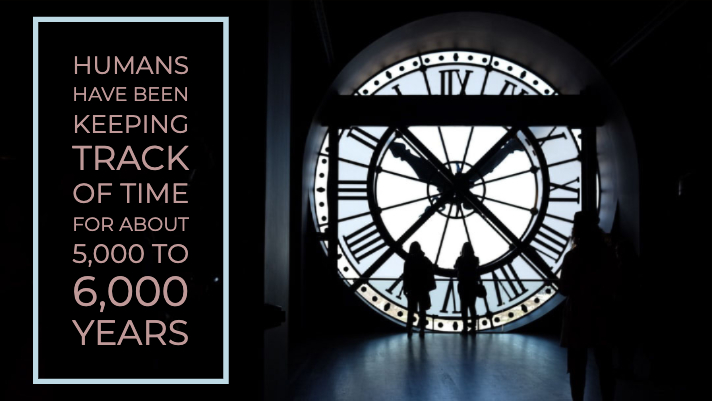GPS Clock Systems: Their Functions and Benefits

Humans have been keeping track of time for between 5,000 and 6,000 years. While the first mechanical clocks were invented in Europe in the 14th century, the ancient Egyptians were the first to keep time using primitive sundials called obelisks.
Since those humble beginnings we have gone from tracking subtle progressions of the sun to measuring the oscillations of atoms. With GPS clock systems, now every enterprise and organization has access to the precise timekeeping capabilities of atomic clocks.
GPS Clock Synchronization
Even the fairly accurate computer clocks we use are likely to vary. This variance can be a result of manufacturer defects, shifts in temperature, electric and magnetic interference, system load, or the age of the quartz crystal used for timekeeping.
Added to this is the fact that even small errors in timekeeping can add up dramatically over the course of a year. If you have two clocks that start out perfectly synchronized to one another and one of those clocks takes 0.04 milliseconds extra to increment itself by one second, by the end of one year the two clocks will differ by more than 20 minutes.
If a fairly accurate clock is off by just 10 parts for every million, it will lose or gain almost an entire second each day. When you consider that most network architects consider the drift of a server clock to be 200 parts per million, you can see that even our trusted computer clocks aren’t that trustworthy.
This spells bad news for institutions working in manufacturing, scientific research, and legal industries, which all require extremely accurate timekeeping.
Atomic Clocks
On the other end of the spectrum from consumer digital clocks, atomic clocks are much more stable. Rubidium, Cesium, and Hydrogen Maser clocks are perhaps the most accurate for keeping time in the entire world. Of these three options, Rubidium clocks typically offer the ideal balance of cost, size, and overall effectiveness. They are usually a requirement for highly reliable master clock systems.
However, simply using an atomic clock does not guarantee time traceability or synchronization with multiple clocks. That’s where GPS clock systems come into play.
Clock Synchronization with a GPS Clock System
GPS satellites — as well as other global navigation systems, commonly referred to as GNSS — contain three or four atomic clocks which are monitored and controlled to be perfectly synchronized. They are fully traceable to national and international time standards (called NIST).
In time synchronization, the GPS signal is received and processed by a local master clock, primary reference, or time server. Then this signal is sent to slave clocks and servers in its network. This keeps all local clocks within a facility on the exact same time, synchronized to UTC.
Benefits of GPS Clock Systems
Typical timekeeping accuracies range from less than a millisecond to just a few milliseconds, depending on what the synchronization protocol is set to. Not only does this provide extremely accurate time to all clocks within a facility, but it eliminates the need for an atomic clock on the premises. In spite of this, a local atomic clock is a good thing to have if the price can be managed, as you never know when you’ll need a backup timekeeping solution in case the GPS signal experiences interference.
A GPS clock system also removes the need for manual clock setting, thus eliminating the margin of error involved in it. Establishing traceability to national and international standards makes it possible to correlate multiple events in different areas, even though they are time stamped by different clocks. A few benefits of this system include legally validated time stamps, secure networking, regulatory compliance, and enhanced operational efficiency.
From tracking critical events exactly when they occur to enhancing timecard accuracy, GPS clock systems are integral for any serious business’s success.
